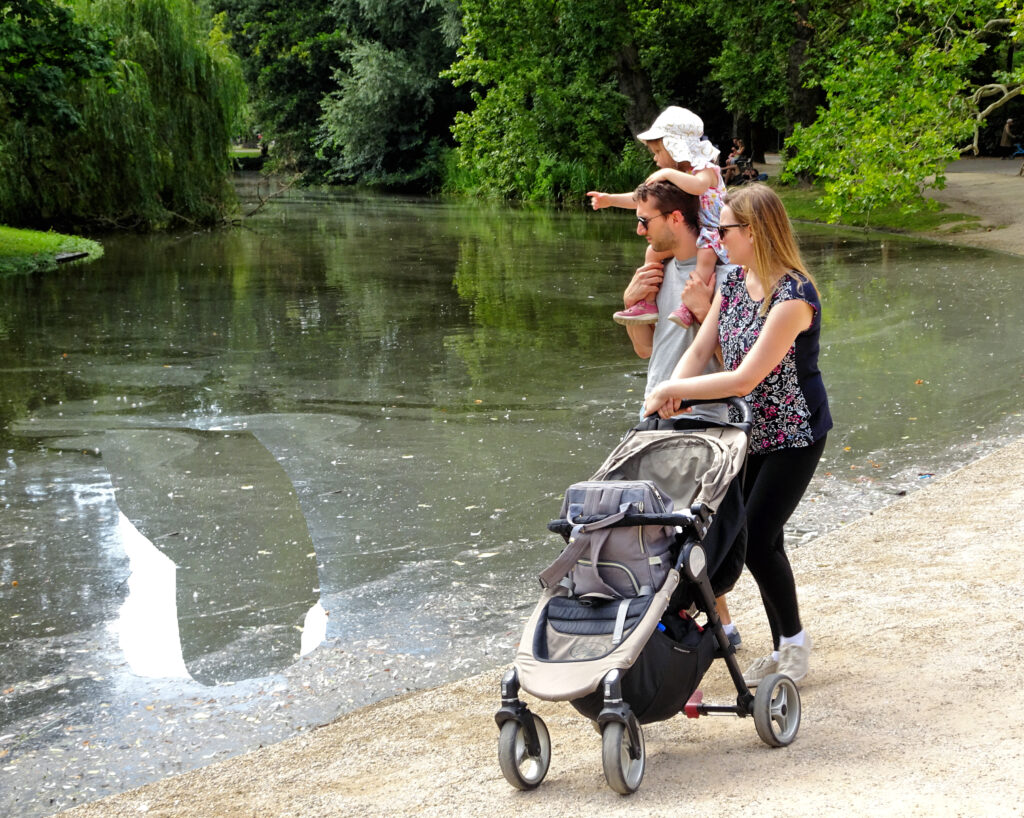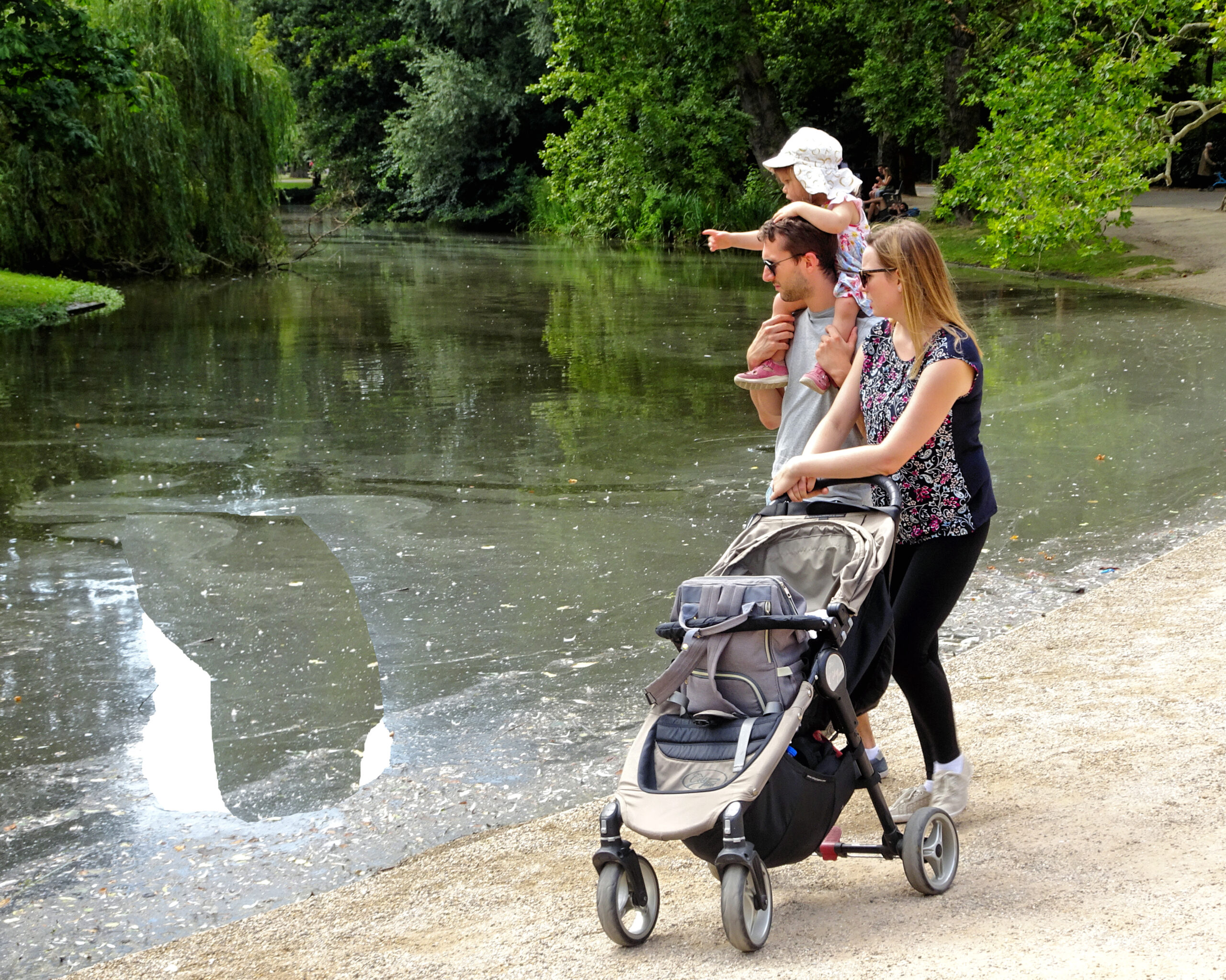


Smaller, more sustainable families would create massive long-term savings and catalyze sustainable development.
By Carter Dillard, Independent Media Institute
4 min read
Existential crises, from accelerating climate change to a pandemic that is mutating to overcome the defenses of our immune system, have prompted talk of the need for fundamental change. This talk rarely, if ever, touches on the one form of change that is the most fundamental: Altering the way we have kids or create future generations. It is a choice that would change who we as a society are—and who we are becoming.
This option is almost never discussed, despite the disproportionate long-term positive impact better family planning policies can have on the environmental, inequality, and public health crises we face, because it means making decisions that are not individualistic in nature, but are, instead, shaped by the need to ensure a better and a more sustainable future for everyone. Whatever happens in the world, for many, that sense of familial autonomy and privacy—the right to have as many kids as they want, when they want, irrespective of the needs of both their own families and the environment, the opportunities the children will or won’t have—gives them a feeling of power and freedom. Most people are at best unaware of and at worst uncaring about how their decisions impact the freedom of others—future generations’ freedom to a fair start in life, and freedom from the ravages of the climate and other ecological crises.
Much like the refusal to wear a mask during the peak of the pandemic, the assertion of autonomy relating to the questions of having kids is absurd and cruel in the current circumstances. It’s a power-grab masquerading as an assertion, rather than the praxis, of freedom. Unlike those who refuse to wear masks to protect others from the spread of COVID-19, however, people asserting the self-contradiction of procreative autonomy are buoyed up by the population growth culture pushed by governments and big business because baby-making grows the pyramid—which Nobel laureate Steven Chu decried—atop which these parties sit.
In my experience—having spent over a decade wrestling with leadership in civil society and social justice to stop treating the right to have kids as an unlimited right, instead of something more nuanced like free speech—I have found that the dilemma boils down simply to being a collective action problem. Most people would plan for and have children more sustainably and equitably if they could be assured others would too. But there is a lack of trust that whoever goes first will see others follow suit. Such problems are nothing new. That is why we have a social contract and government, which can help us act collectively, and perhaps lead us to a more child-centered thinking of working together to give every child a fair start in life.
What would that look like?
In the United States, Black families typically have one-tenth the wealth of white families. The impacts of this wealth disparity are especially hard on kids, and can ripple forward into future generations. President Biden’s child care and tax credit proposal is a step in the right direction, but it could be better. All benefits to wealthy families who don’t need the funding could be cut. Those savings could then be used as cash incentives to power up family planning and early childhood investment systems in the United States to target child abuse by amending the federal child abuse law, incentivizing having kids only when parents are really ready, and promoting smaller and more sustainable families, as well as fostering and adoption. These changes can have 20 times the impact on climate emissions, as compared to short-term fixes, and when they are made as part of recognizing our sacred constitutional right to nature, they will create massive long-term savings and catalyze sustainable development.
Senator Cory Booker (D-NJ) has already proposed a vehicle called “baby bonds,” which would “create a new American birthright—giving every child a fair chance at economic opportunity and mobility,” and if these changes are made progressively, they can accomplish significant sustainable changes.
This change can help combat climate change and widen the opportunities for children, all while achieving goals that go beyond U.S. partisan values. It specifically prioritizes children and social equity over big business (as leftists seek to do) and improves the possibility of personal autonomy without the interference of so-called big government (thus satisfying the interests of the right wing).
This is not a loss of control—when we take into account future generations, it’s a net gain, where future generations have control over their lives that a fair start would provide, control over systems of governance, and control over the environment that can help us deal with the climate change crisis in an effective manner.
###
Carter Dillard is the policy adviser for the Fair Start Movement. He served as an Honors Program attorney at the U.S. Department of Justice and served with a national security law agency before developing a comprehensive account of reforming family planning for the Yale Human Rights and Development Law Journal.
Take action…
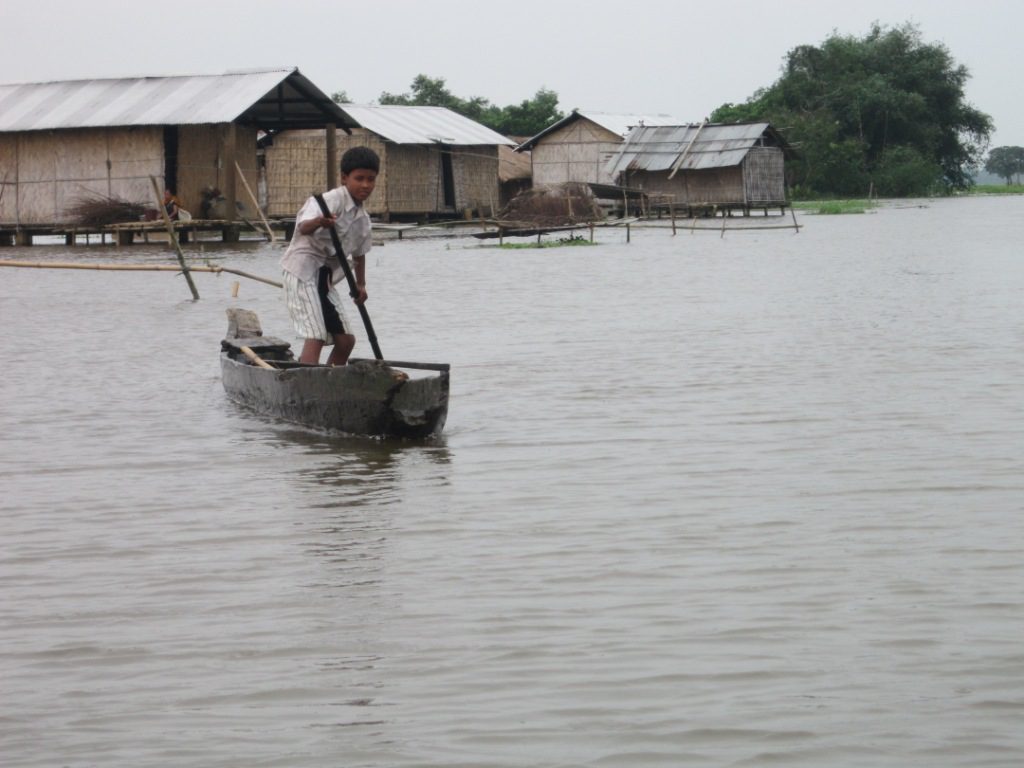
India is the third-largest emitter of greenhouse gases in the world, after China and the United States. From 1990 to 2018, the nation’s emissions skyrocketed a staggering 335 percent. Aman Sharma, a student in India, has launched a public petition—already signed by more than 374,000 people around the world—urging the Indian government to declare climate change a national emergency. “Record-breaking heat waves have become a regular occurrence in India, killing thousands of people,” he writes. “Melting snowcaps are slowly increasing the sea level. Rainfall patterns in India are changing, and this has had a devastating effect on farmers’ harvests and affecting the migration patterns of different birds and animals.”
Urge India’s environment minister to declare climate change a national emergency.
Cause for concern…
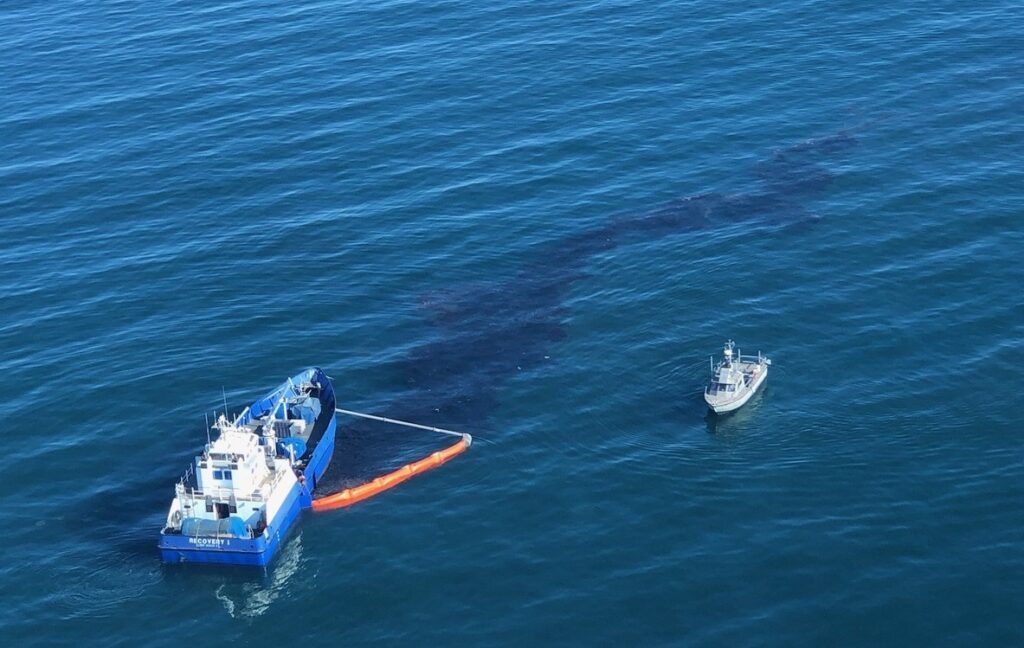
- Crews race to limit damage from major California oil spill (Amy Taxin and Christopher Weber, Associated Press)
- Deportations of Haitians spark concerns over environmental refugees (Rachel Frazin and Rebecca Beitsch, The Hill)
- Arizona drought ignites tensions and threatens traditions among the Hopi (Simon Romero, New York Times)
- North Carolina civil rights groups say hog waste ‘biogas’ harms communities of color (Aman Azhar, Inside Climate News)
- The high price of living near the shore is about to go through the roof (Darryl Fears and Lori Rozsa, Washington Post)
Round of applause…
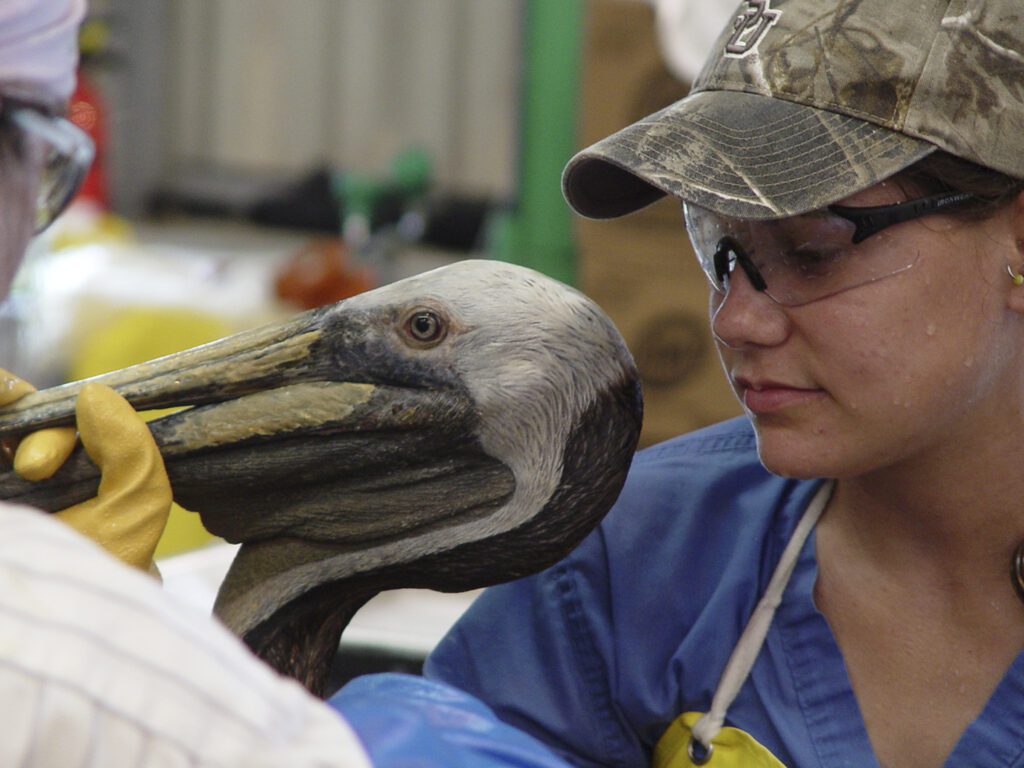
- Biden administration resumes enforcement of unlawful bird deaths by industry, reversing Trump (Matthew Brown, Associated Press)
- These giant floating islands could keep cities warm, without burning fossil fuels (Nate Berg, Fast Company)
- South Korea considers ban on eating of dog meat as pet ownership grows in the country (Grace Moon and Andrew Jeong, Washington Post)
- 3 simple ways to help save the planet, according to the women behind ‘Plastic-Free Fridays’ (Stacey Leasca, Travel + Leisure)
- I interviewed animals with a tiny mic again (Maya Higa, YouTube)
ICYMI…
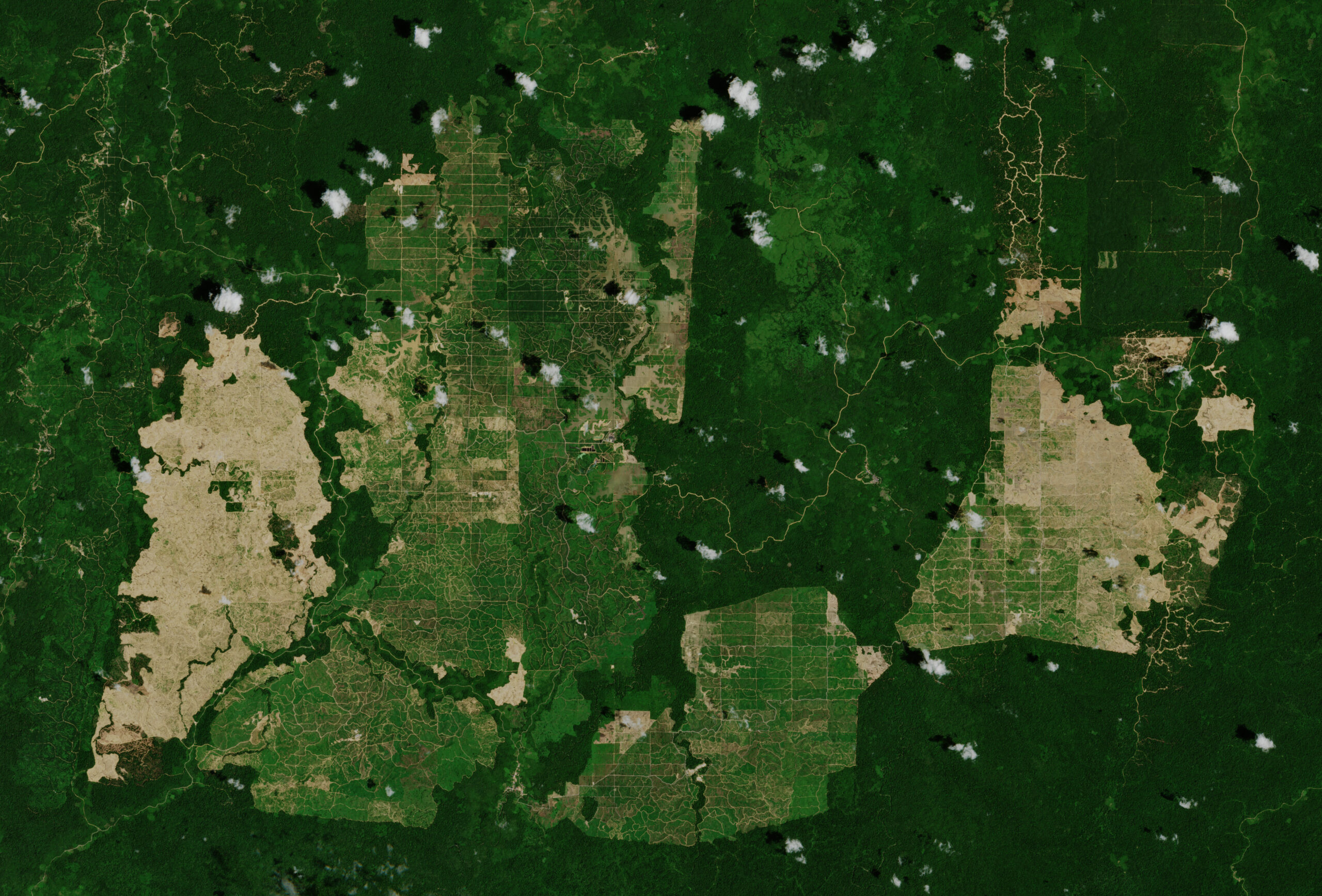
“In addition to its role in human rights abuses, the palm oil industry is also a primary driver of deforestation, which not only exacerbates climate change by releasing into the atmosphere carbon that was previously safely stored in trees cut down to make room for plantations, but threatens wildlife and biodiversity… Made from the oil palm plant, palm oil is the world’s most widely traded vegetable oil. It is found in about half of all consumer goods, including common foods like bread, cookies, crackers, doughnuts, peanut butter and breakfast cereal, as well as everyday household products like soap and laundry detergent. Palm oil is also found in a host of cosmetics and beauty products like lipstick, mascara, body lotion, bubble bath and anti-wrinkle creams. The list goes on.”
—EFL editor Reynard Loki, “Palm Oil: The Ingredient Behind Human Rights Abuses and Eco-Destruction That’s Probably in Your Home Right Now” (Independent Media Institute, December 22, 2020)
Parting thought…
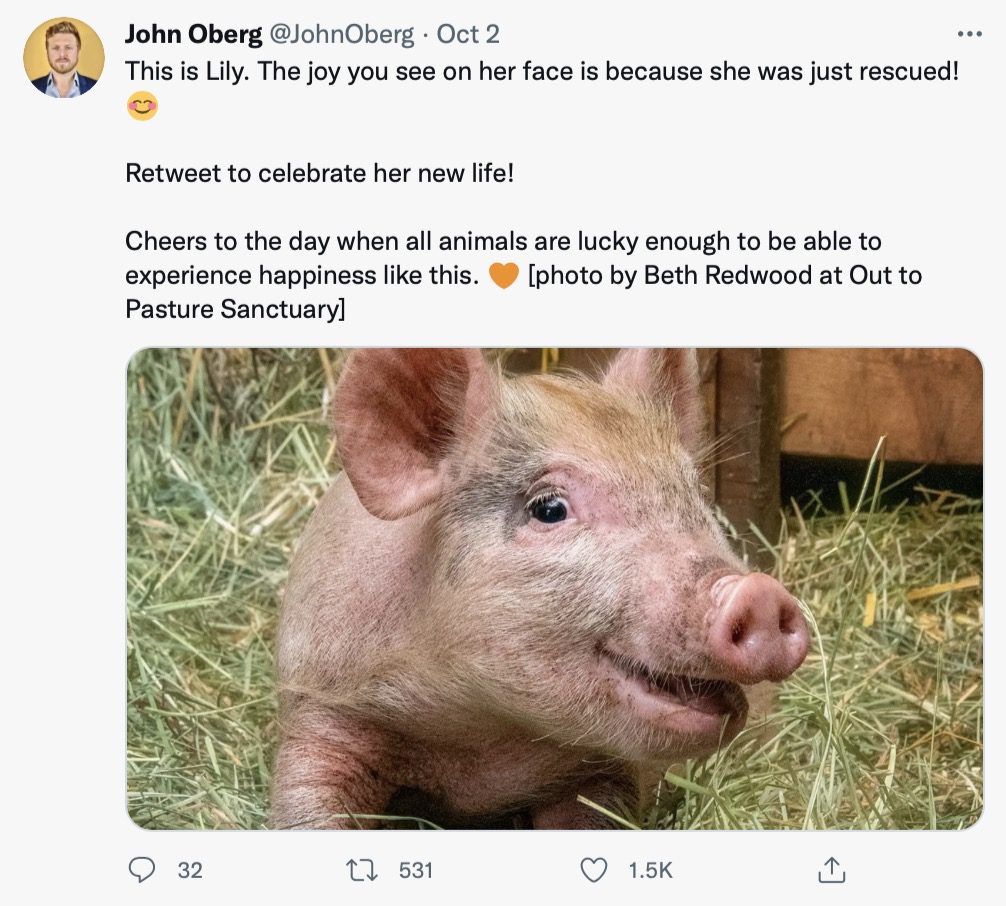
“A man of my spiritual intensity does not eat corpses.” —George Bernard Shaw
Earth | Food | Life (EFL) explores the critical and often interconnected issues facing the climate/environment, food/agriculture and nature/animal rights, and champions action; specifically, how responsible citizens, voters and consumers can help put society on an ethical path of sustainability that respects the rights of all species who call this planet home. EFL emphasizes the idea that everything is connected, so every decision matters.
Click here to support the work of EFL and the Independent Media Institute.
Questions, comments, suggestions, submissions? Contact EFL editor Reynard Loki at [email protected]. Follow EFL on Twitter @EarthFoodLife.
